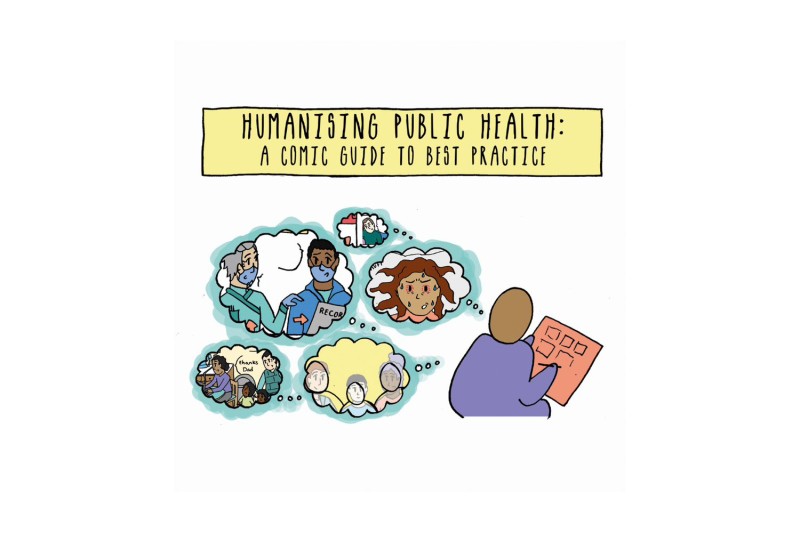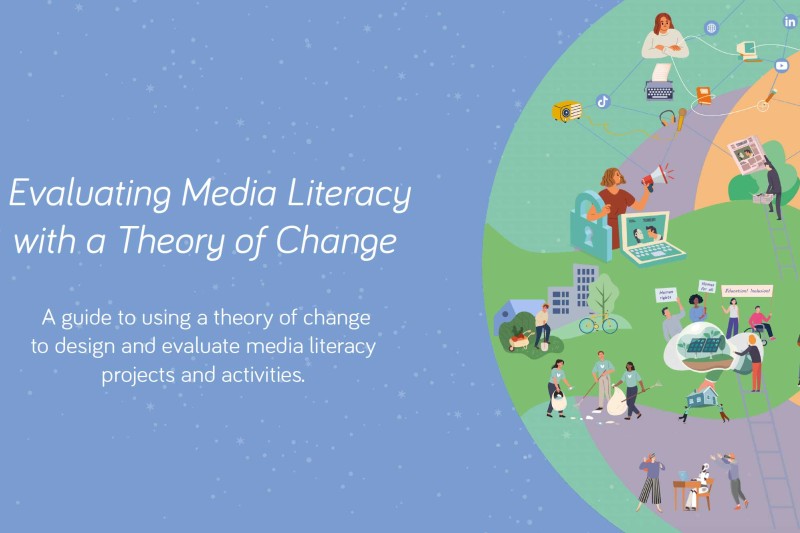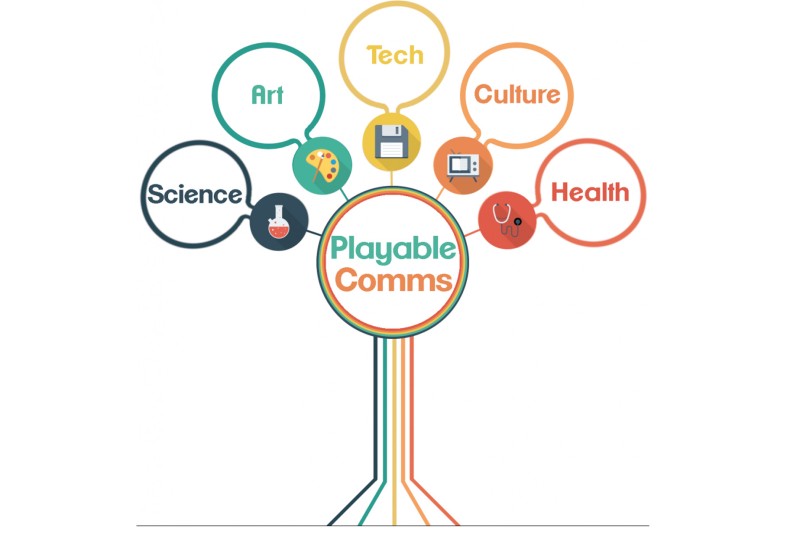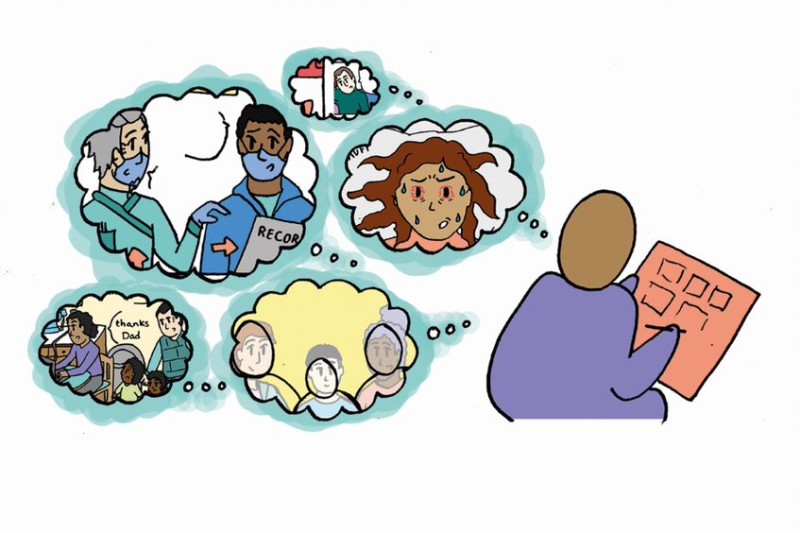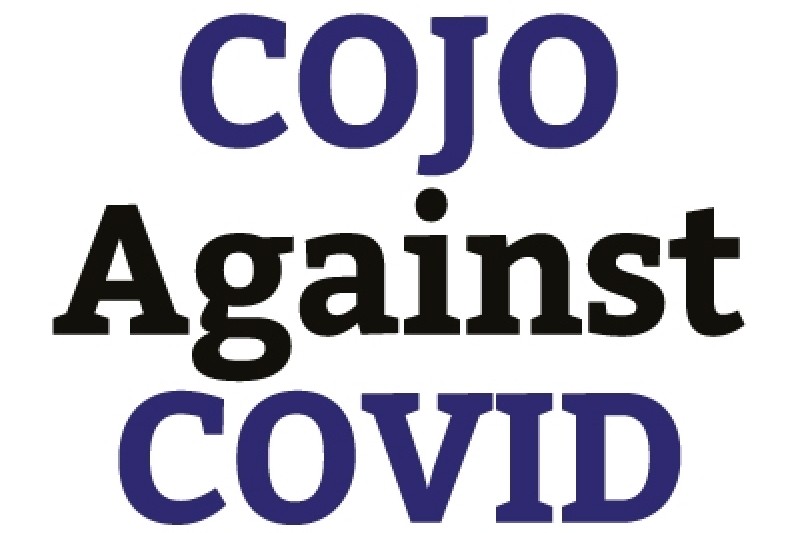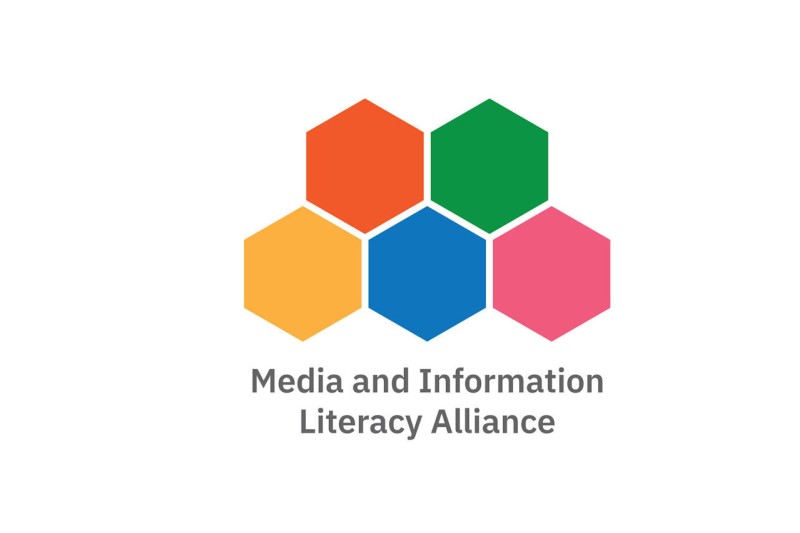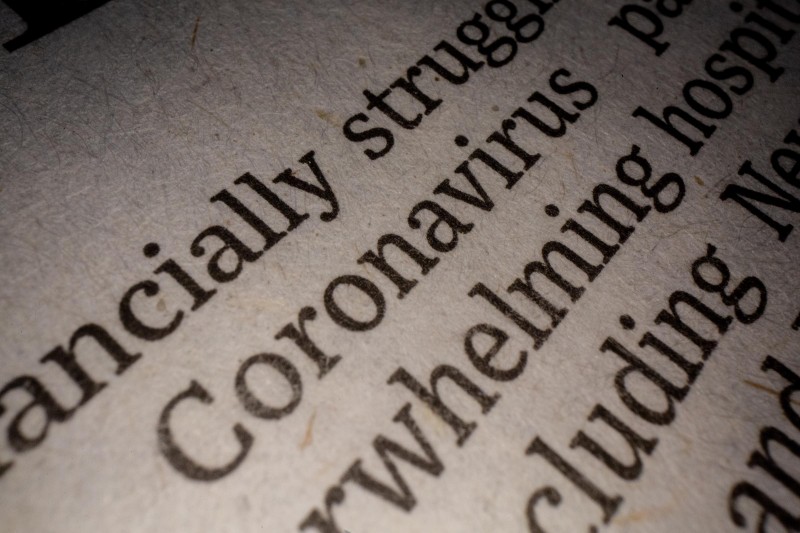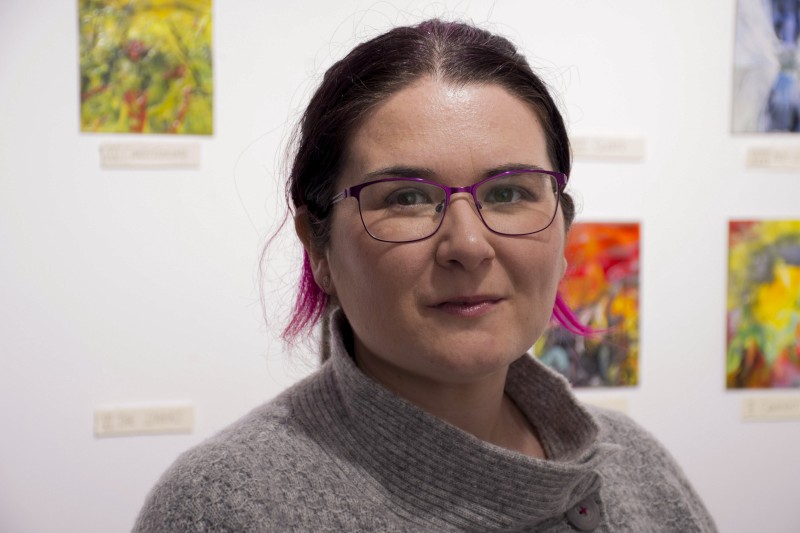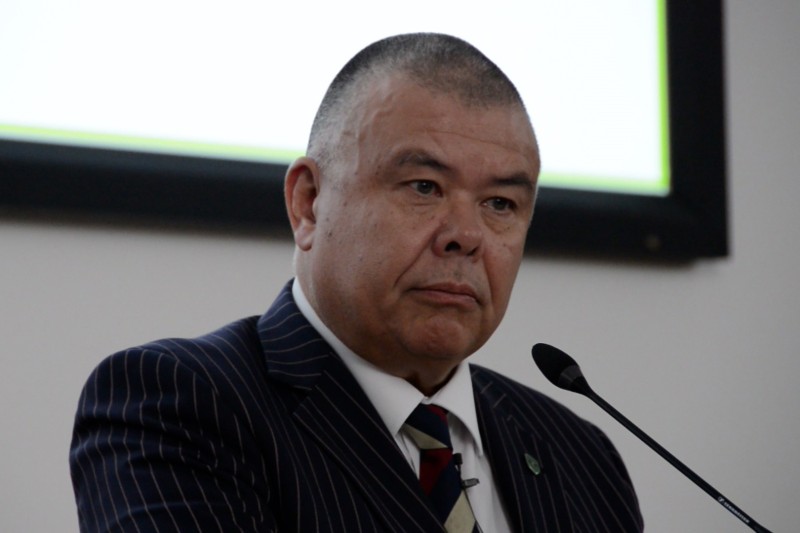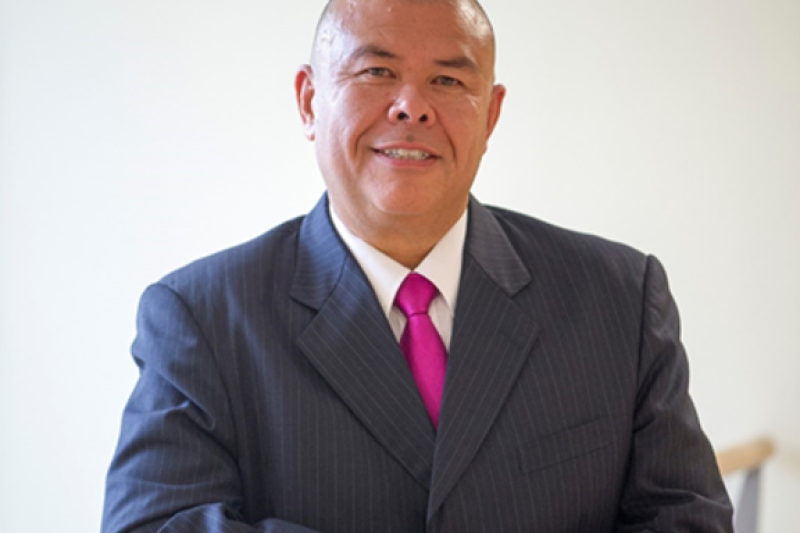We gather media and communication scholars, sociologists, psychologists, statisticians and scientists to respond to the urgent need for more effective and more engaging science and science-based communication.
About the Centre
Recent decades of exponential increase in scientific discoveries – with all the hopes and fears they create for humanity – have brought the need for public engagement with science to a central position in public and private life.
Yet, from anti-vaccine protests and climate change scepticism to ethical concerns over genetic engineering or safety fears over nanomaterial and artificial intelligence, building public confidence in scientific research has proved to be a major challenge facing the world today.
At the same time, the rise of a ‘datafied society’ has led to an urgent demand for improving digital data and science literacy. This includes everything from enhancing the public’s ability to recognise science and health mis/disinformation on social media, to building people’s capacities to harness digital technologies and share data in ways that can help achieve the UN’s sustainability goals.
These information sharing challenges call for more research, teaching and training into the effective communication of science, health and data. Whether evidence-based information is being shared with government policymakers or translated from academic jargons into lay language for broader publics, the methods, techniques, strategies and types of media we use to tell evidence-based stories matter.
Our research centre focuses on ambitious cross-disciplinary collaborations to address the above issues.
Building on BU’s existing successes, the centre brings together experts from various disciplines – media and communication, computer and data sciences, health and medical sciences, environment sciences, business studies, psychology and sociology – to research and pioneer interdisciplinary solutions for contemporary communication challenges.
From reporting COVID-19 statistics to promoting science information literacy to tackle disinformation on social media, from suicide prevention through improved journalism to more efficient communication around environmental and humanitarian disasters, our members respond to real world issues—often in real time.
Research clusters
Journalism for Public Engagement with Science and Data
Communicating Climate Change and Sustainability
Risk and Disaster Communications
Data Communication for Social Good
Media and Information Literacy for Healthy Communication Ecosystems
Digital Narratives & Storytelling for Science and Health
Communicating Health Innovations
Strategic Health Communication for Behaviour Change
Our members
Core Members
Associate Members
Postgraduate Group
Visiting Fellows
Working with partners
Cooperation and knowledge exchange are embedded into our research centre’s responsive and imaginative work. We actively practise diversity and inclusivity in the production and promotion of innovative, world-leading interdisciplinary research working with a rich range of industry, third sector and policy-making bodies locally and abroad.
Our past and present partners include, among others, University Hospitals Dorset, Public Health Dorset, Public Health England, Ofcom, Royal Statistical Society, World Federation of Science Journalists, Association of British Science Writers, Solutions Journalism Network, SciDev.Net, Media and Information Literacy Alliance, Newsquest, DC Thomson, BBC World Service, Amnesty International and UNESCO.
Research centre members also actively appear in media outlets around the world, from the BBC to Le Monde to South China Morning Post, showcasing the kinds of exemplary science communication they research and teach
